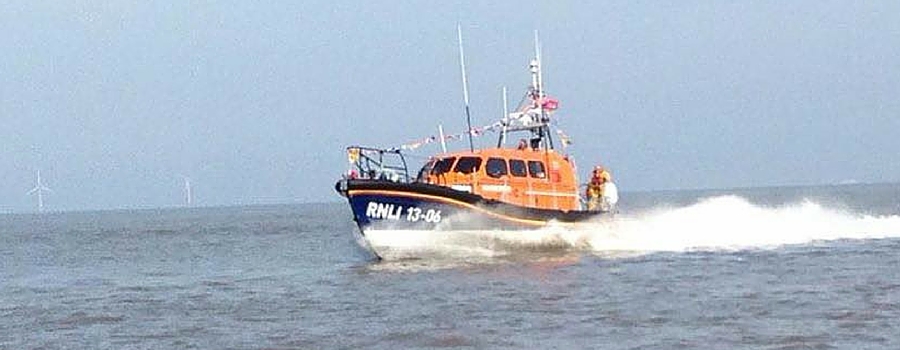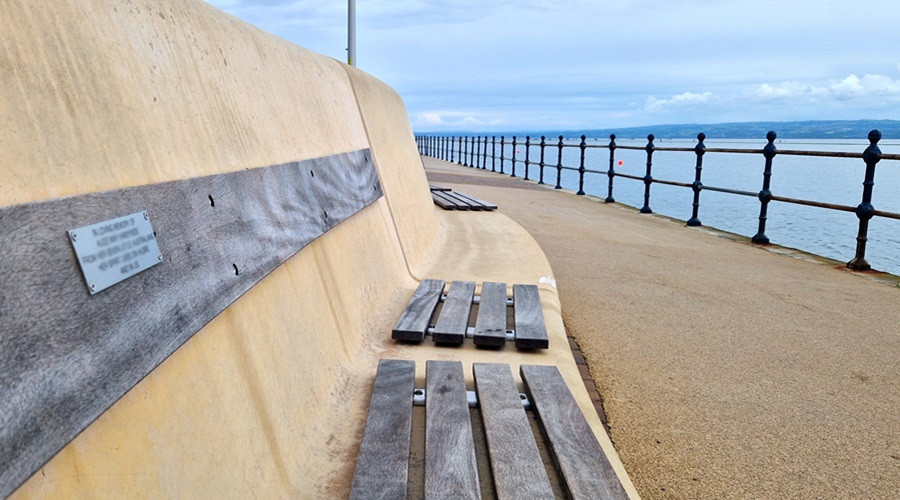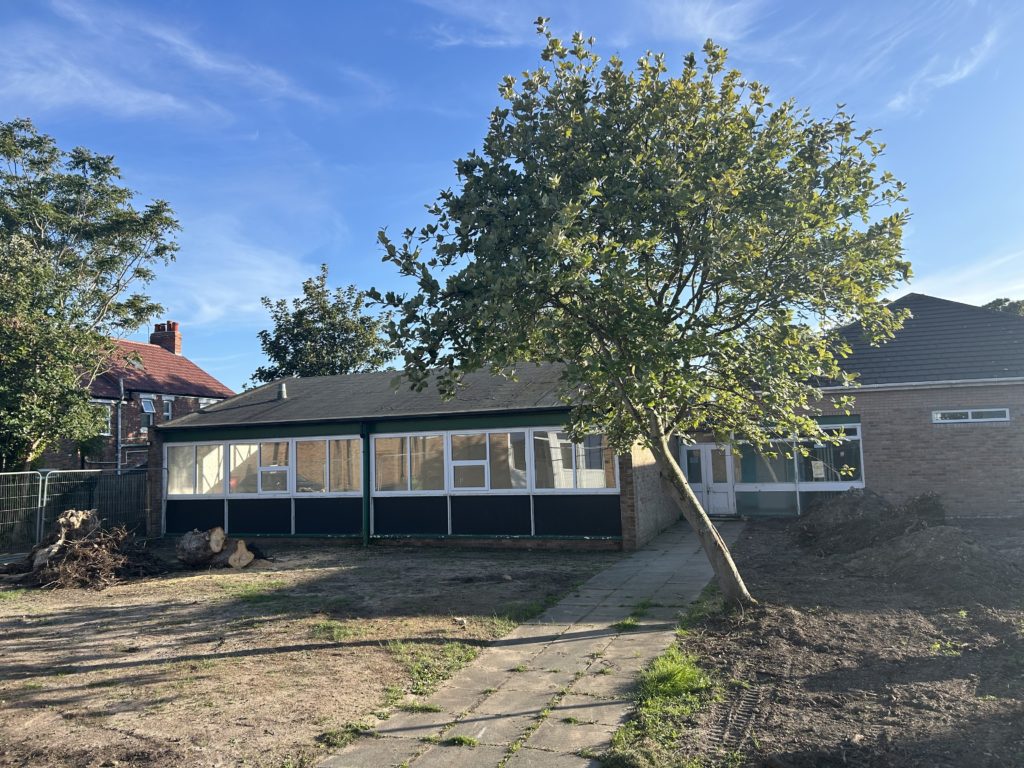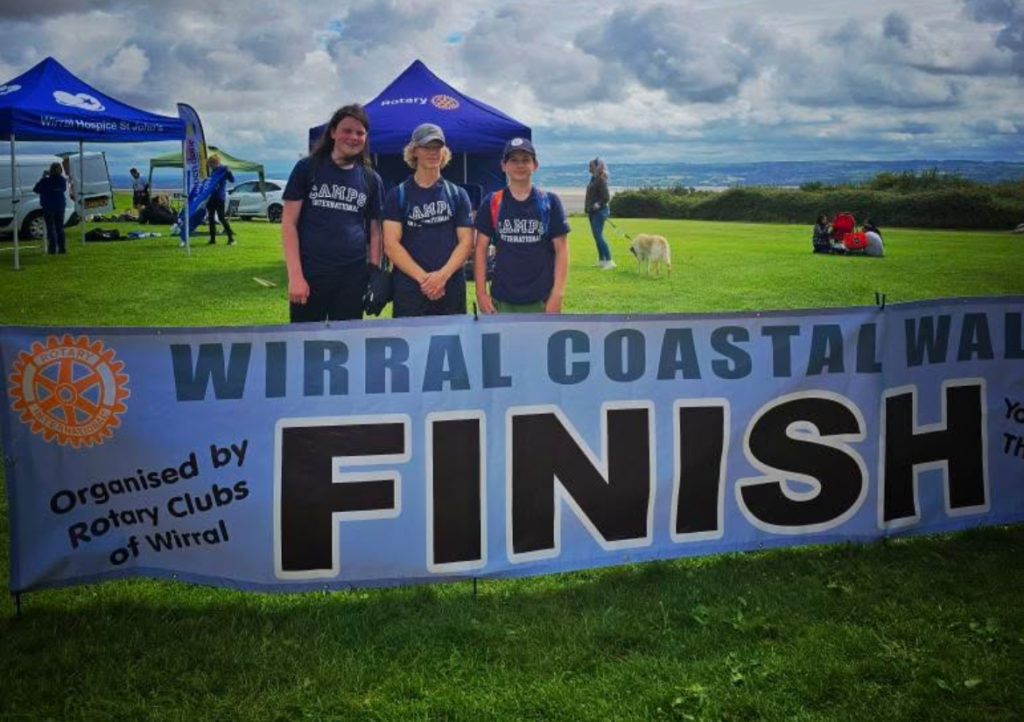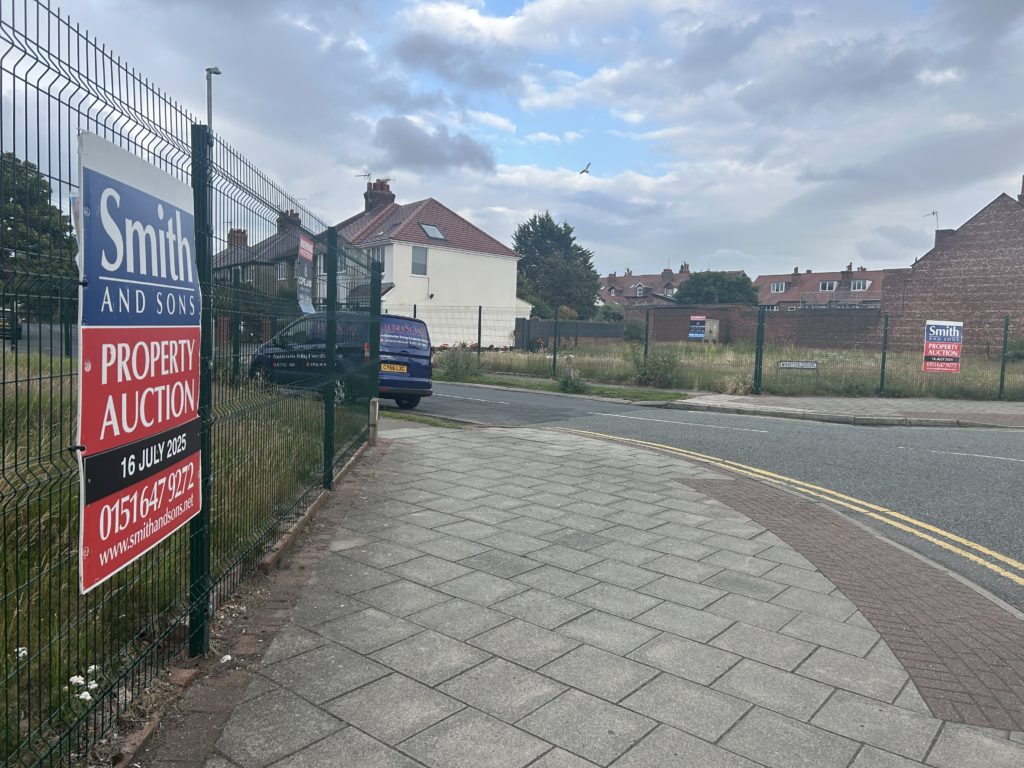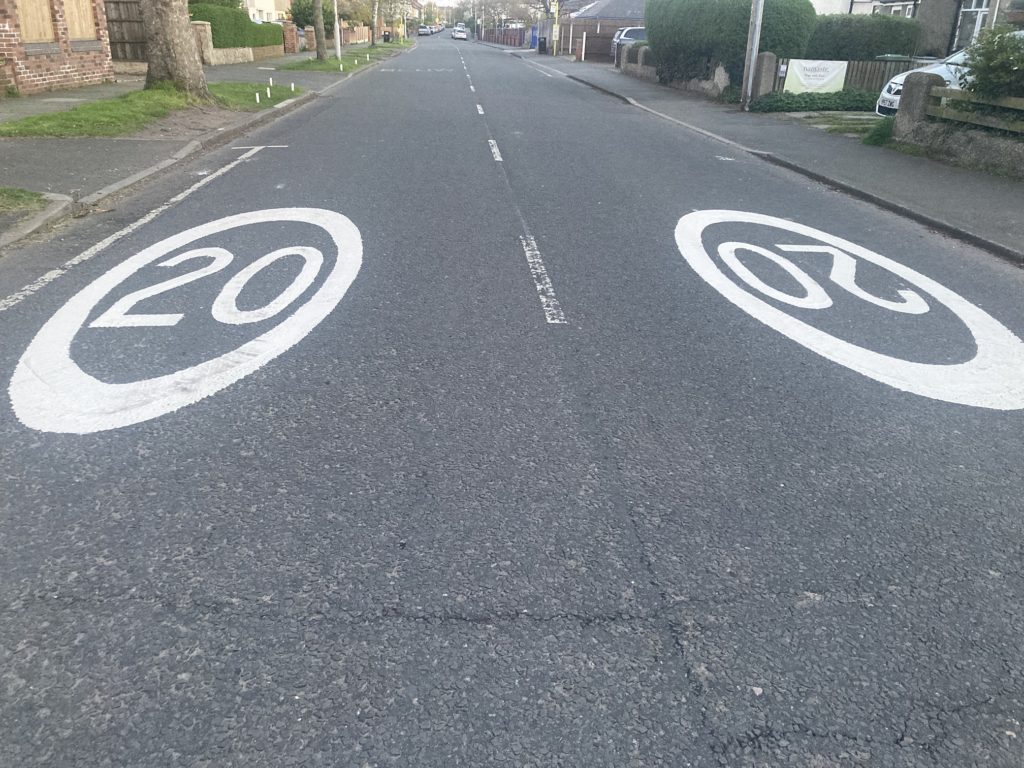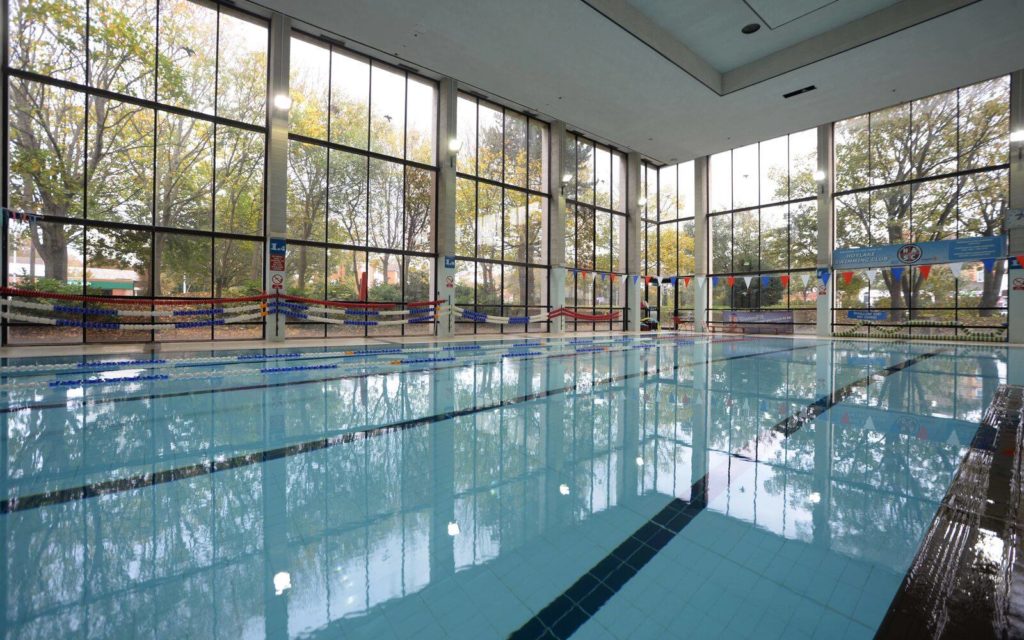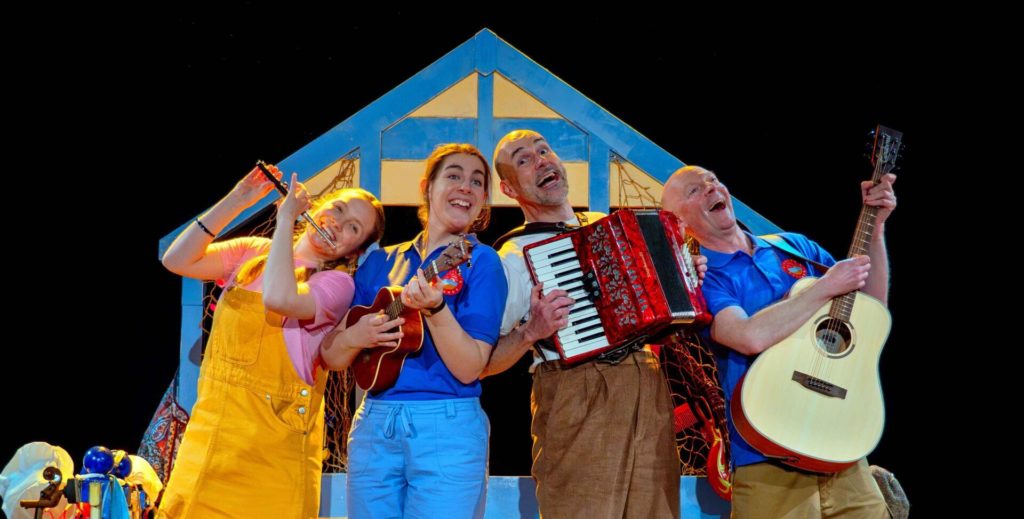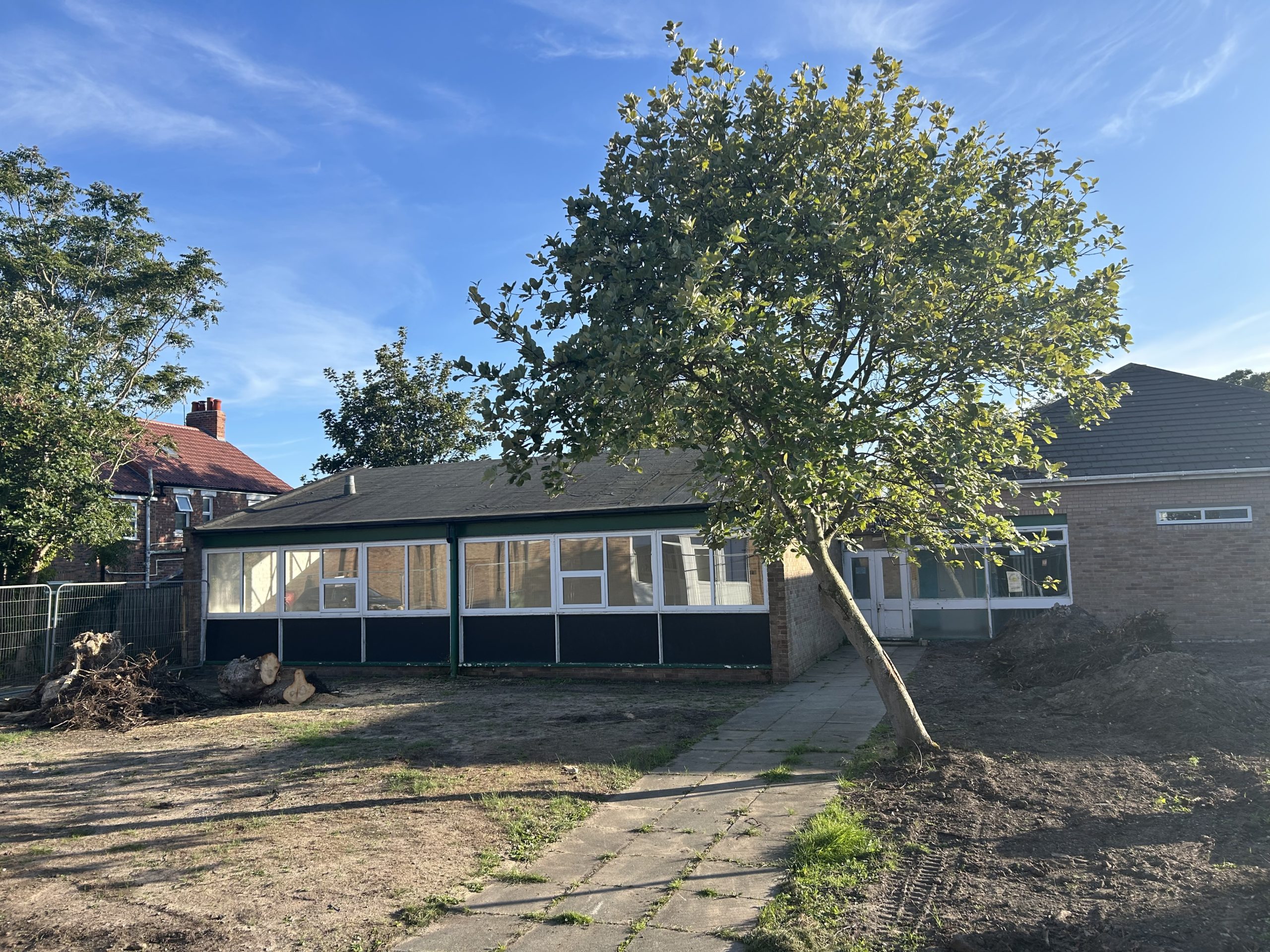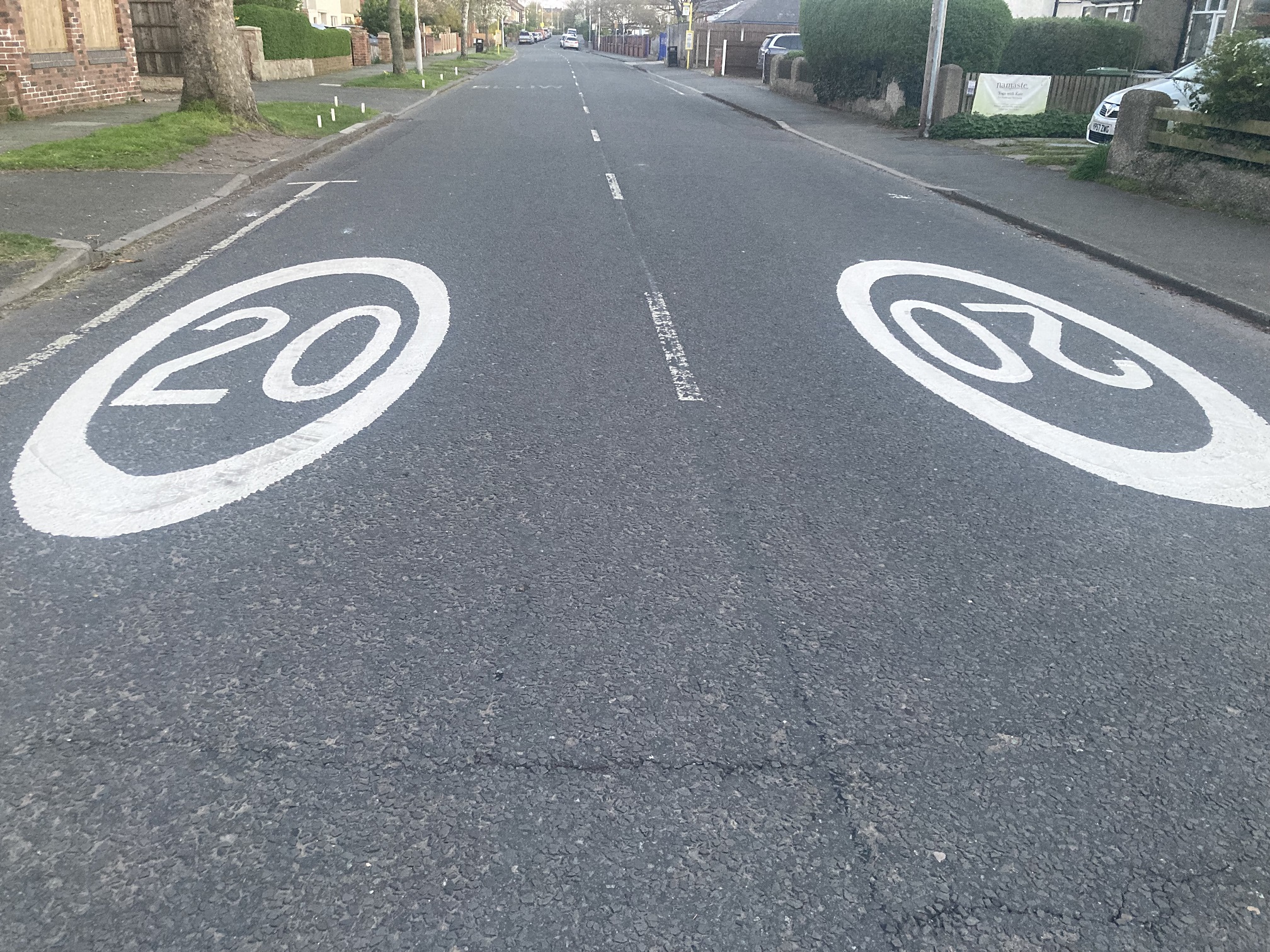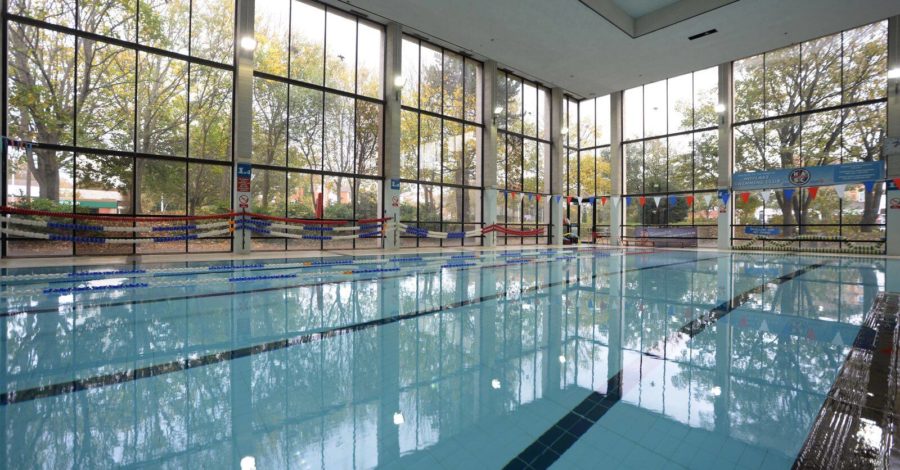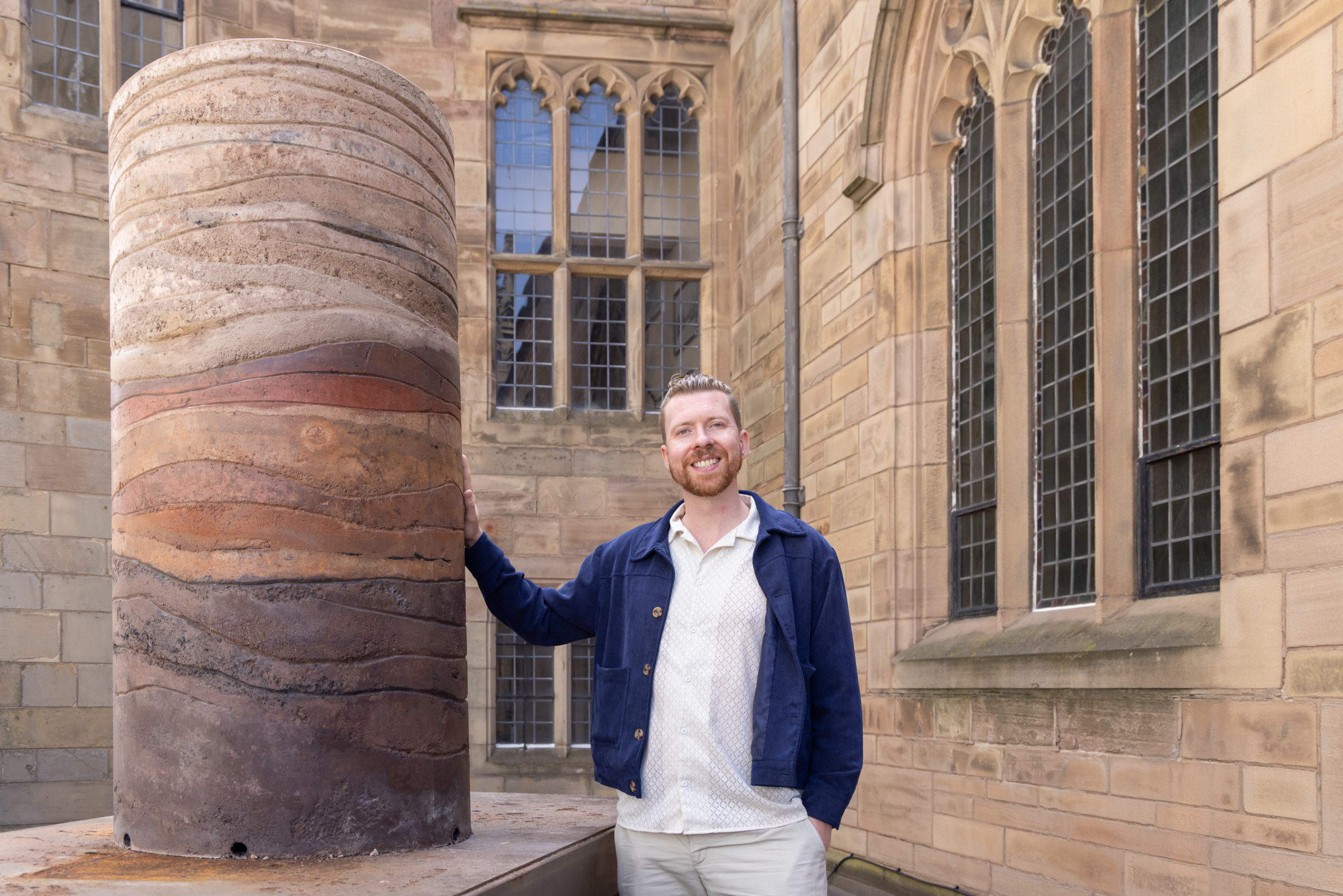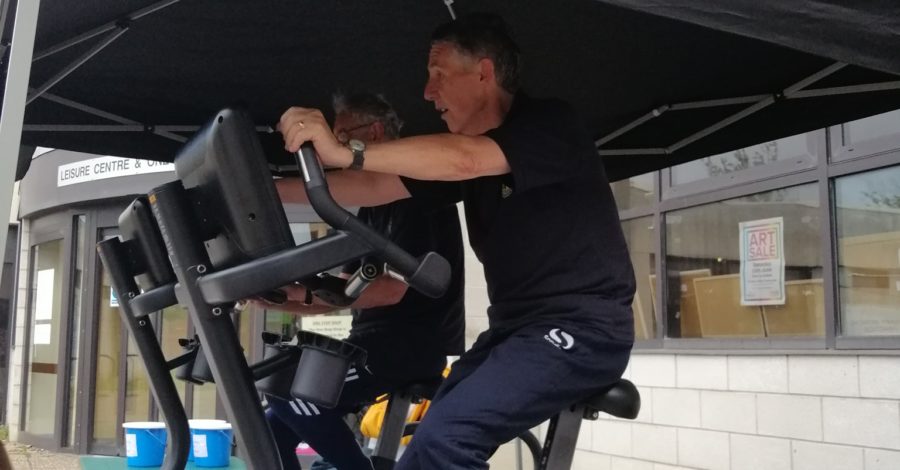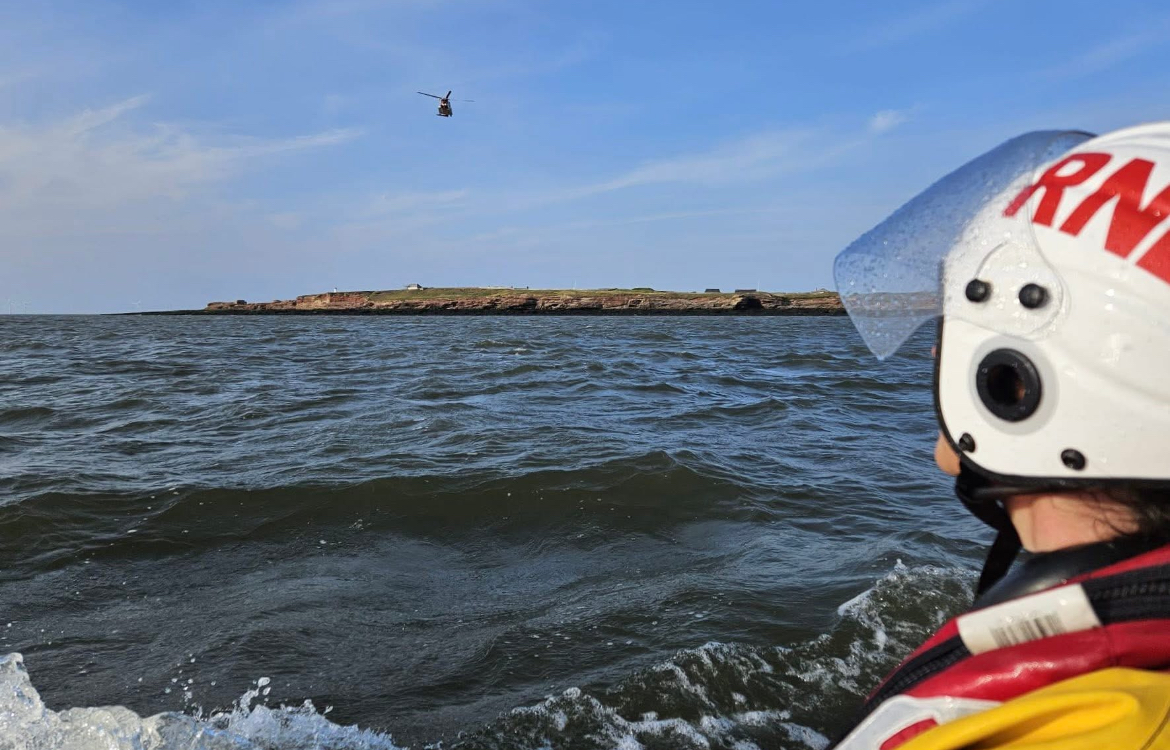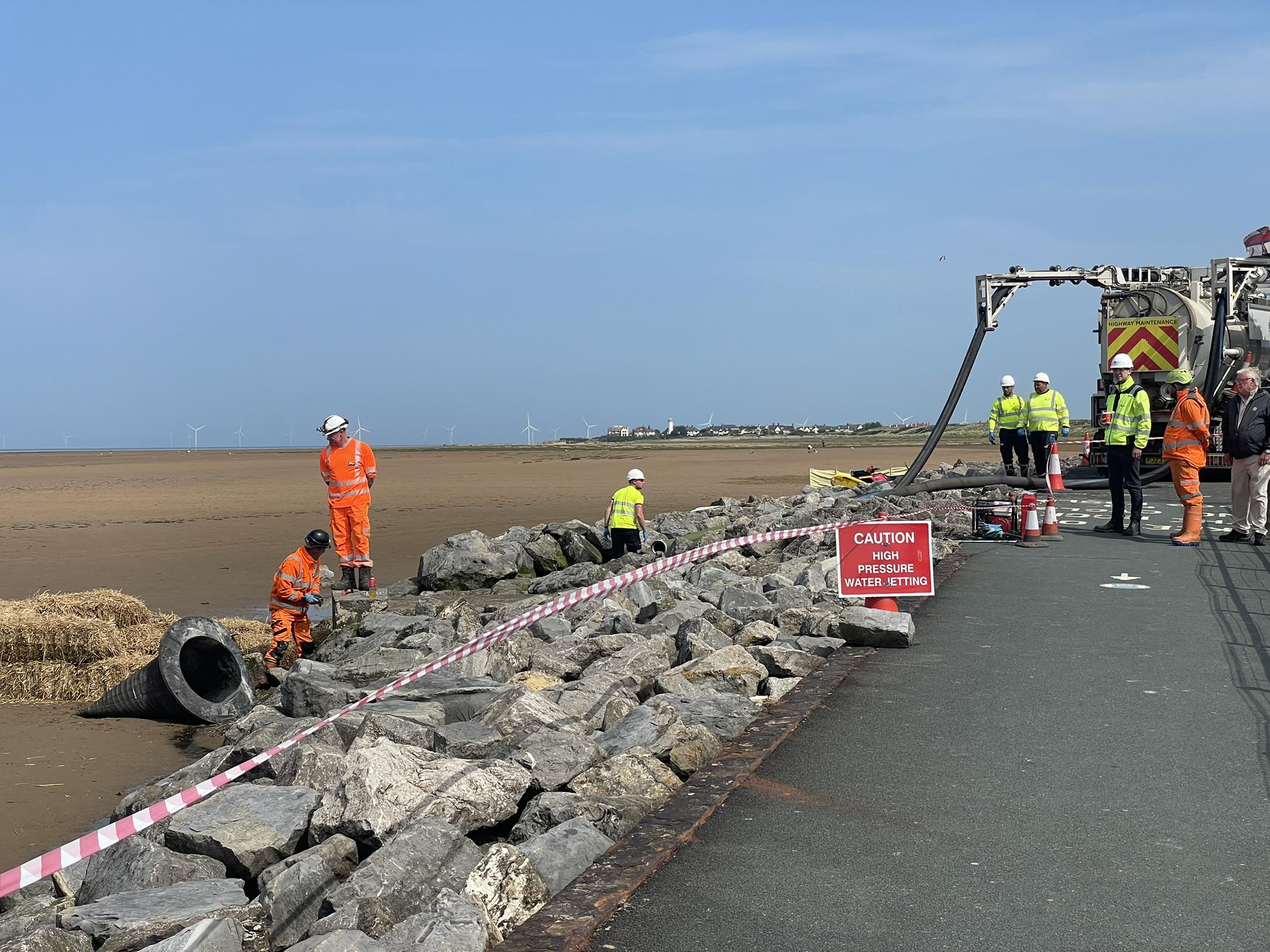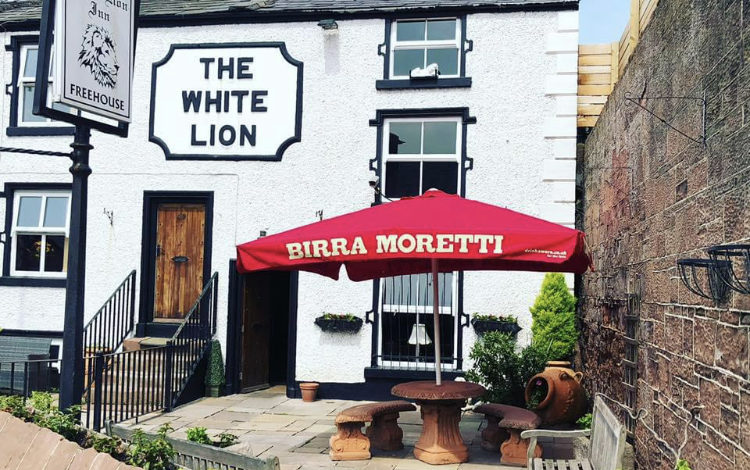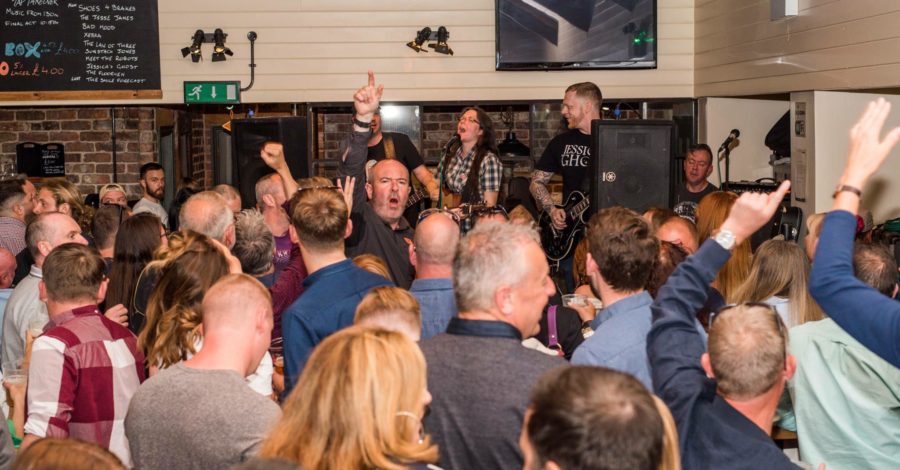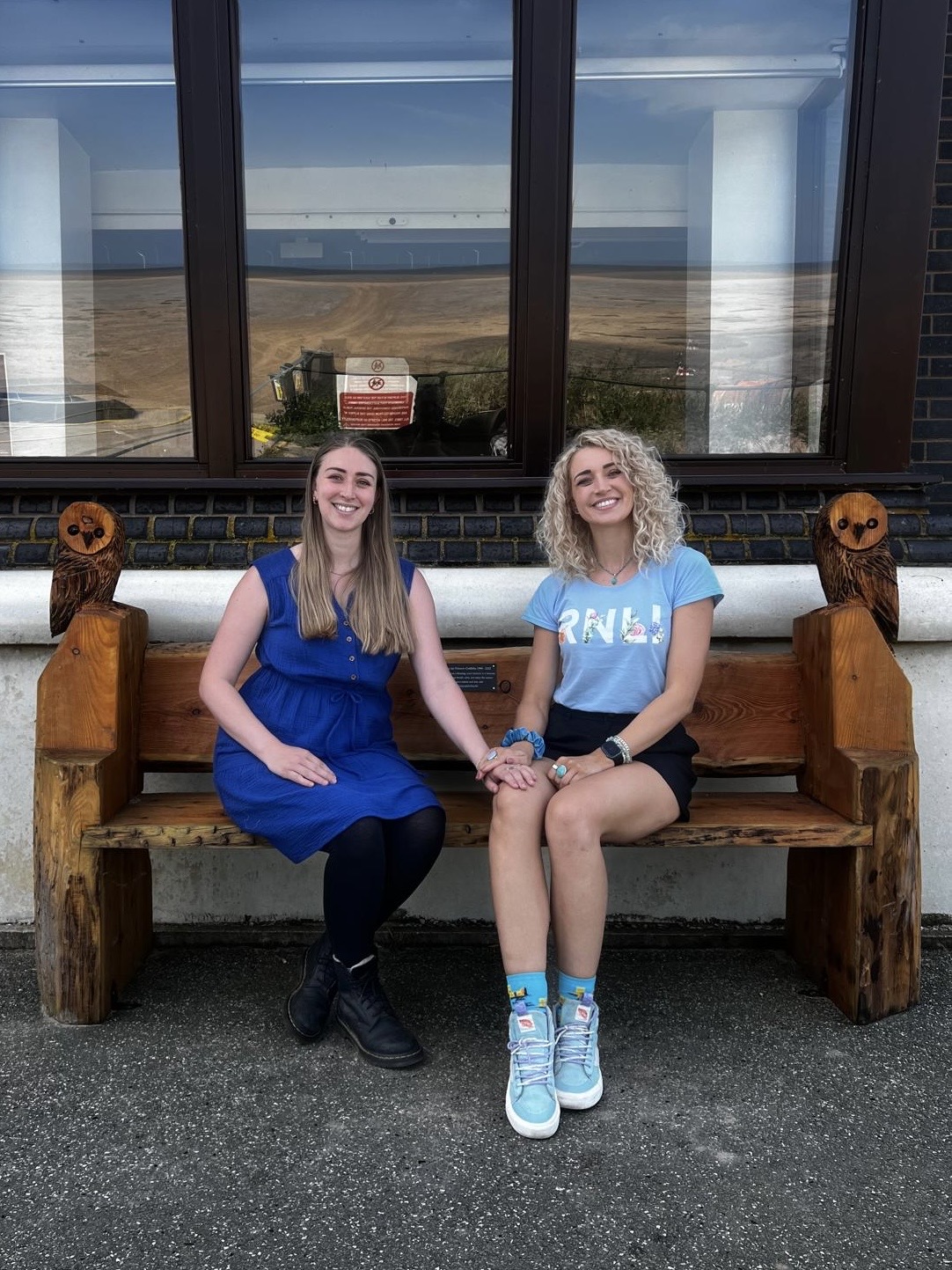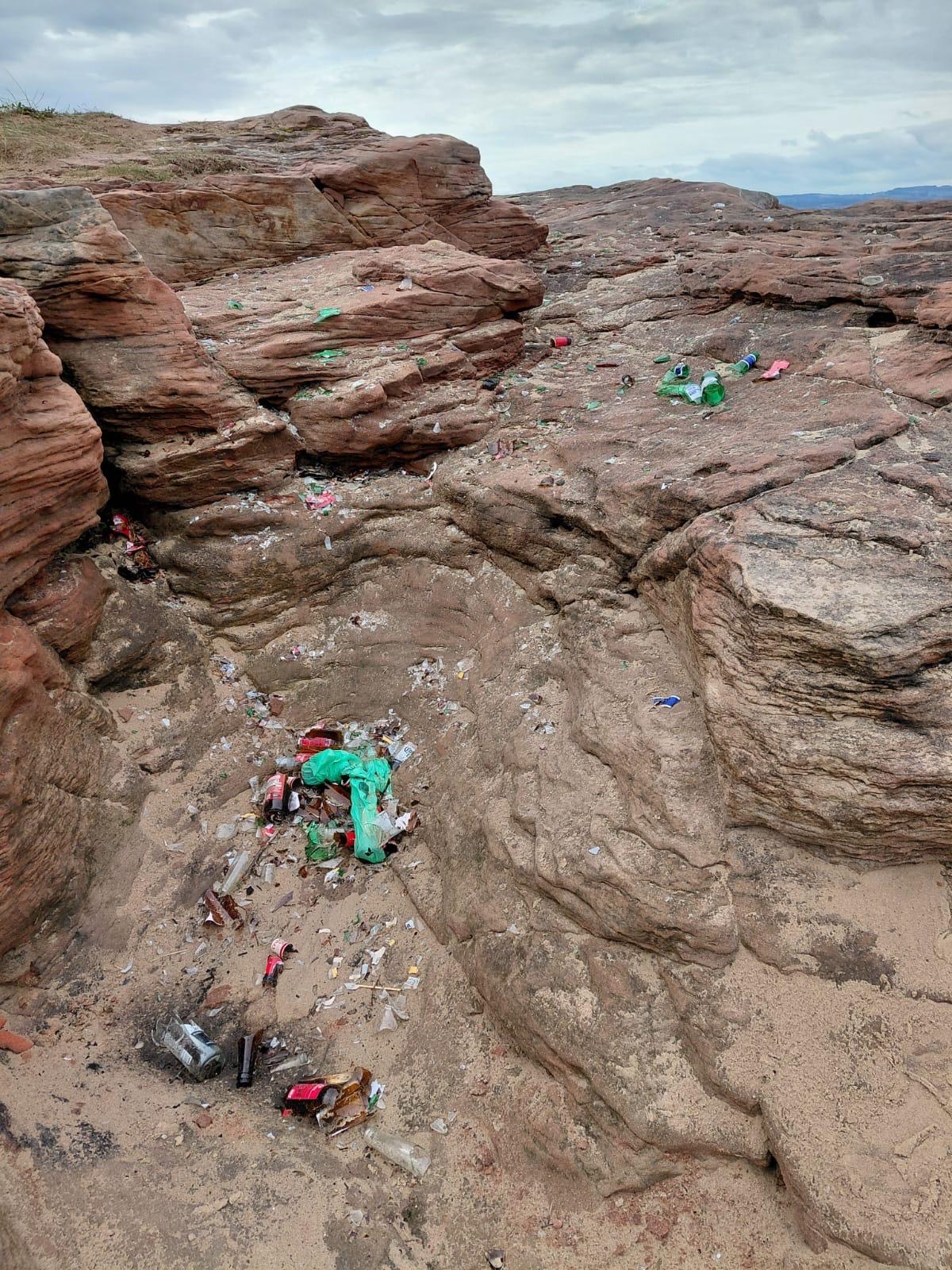West Kirby and Hoylake RNLI will be part of a special event on the River Mersey today (Monday 4 March) to mark the lifesaving charity’s 200th anniversary.
On the day the charity turns 200, the RNLI in the north west has revealed its volunteer lifeboat crews and lifeguards have saved an incredible 4,356 lives during its two centuries of lifesaving.
To celebrate the historic milestone, a flotilla of RNLI lifeboats, including from West Kirby and Hoylake, will come together and sail side by side along the River Mersey paying tribute to volunteers past and present. They can be seen from the promenade at Seacombe at around 12 midday.
Since the charity was founded in 1824, its volunteer crews in the North West have launched the lifeboats 16,004 times, saving 4,316 lives, while its lifeguards – who became part of the RNLI’s lifesaving service in 2001 – have responded to 9,762 incidents, saving 40 lives*.
Marking the dedication of crews over two centuries, the Shannon class lifeboats from Lytham and Hoylake will rendezvous with the Hoylake’s hovercraft and the D-class lifeboat from West Kirby and the Atlantic 85 lifeboat from New Brighton. Today’s volunteer crews will recreate an image taken 25 years ago to the day of the region’s lifesavers against the iconic city skyline.
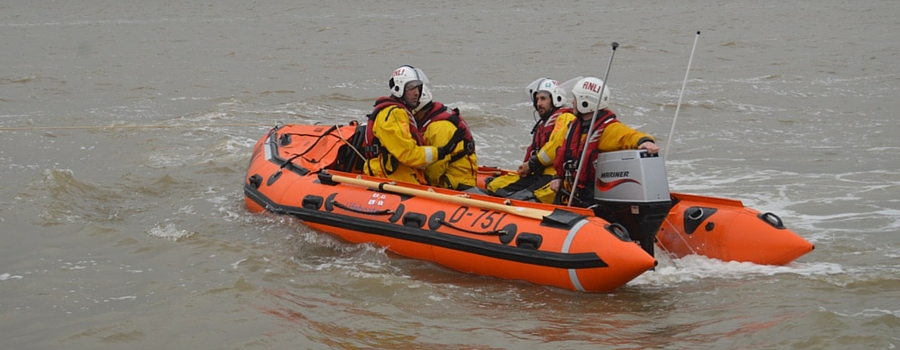
In total across the UK and Ireland, 146,452 lives have been saved by the RNLI – this equates to an average of two lives saved every day for 200 years.
Founded in a London tavern on 4 March 1824 following an appeal from Sir William Hillary, who lived on the Isle of Man and witnessed many shipwrecks, the RNLI has continued saving lives at sea throughout the tests of its history, including tragic disasters, funding challenges and two World Wars.
Two centuries have seen vast developments in the lifeboats and kit used by the charity’s lifesavers – from the early oar-powered vessels to today’s technology-packed boats, which are now built in-house by the charity; and from the rudimentary cork lifejackets of the 1850s to the full protective kit each crew member is now issued with.
RNLI Chief Executive, Mark Dowie, said: “It has been an honour and a privilege to be at the helm of the RNLI for the past five years, and to see the charity reach its bicentenary.
“For a charity to have survived 200 years based on the time and commitment of volunteers, and the sheer generosity of the public donating to fund it, is truly remarkable.
“It is through the courage and dedication of its incredible people that the RNLI has survived the tests of time, including tragic losses, funding challenges, two World Wars and, more recently, a global pandemic.”
Jo Partner, RNLI Head of Region in Wales, the West and the Isle of Man said: “I am thrilled we’re able to make the bicentenary of the RNLI in such a unique way here in the North West.
“The flotilla really will be quite a spectacle and will serve as a reminder not only of the courage and commitment of all those who have been part of the RNLI family for over the past two centuries, but also those who have given so generously to keeping our service afloat.
“Today we celebrate a world-class lifesaving service and I’m immensely grateful to all those involved with the charity – our volunteers, supporters and staff. We hope this impressive flotilla will inspire future generations of lifesavers and supporters who will take the RNLI into its next century and beyond.”
Throughout its bicentenary year, the charity is running events and activities to remember its important history and celebrate the modern lifesaving service it is today, while hoping to inspire generations of future lifesavers and supporters.

